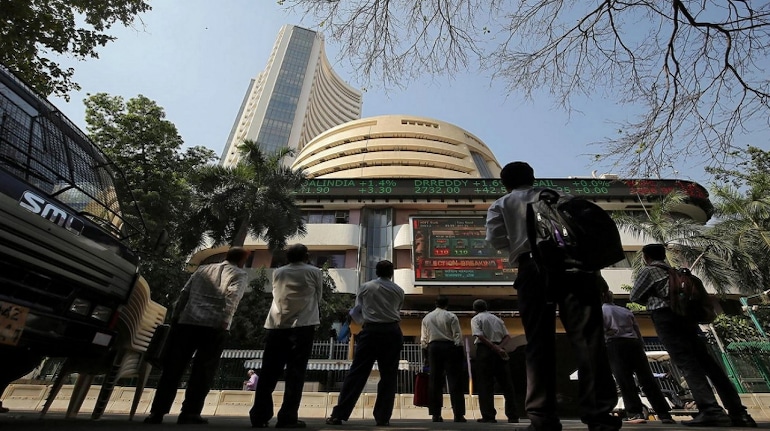



PSU stocks are back in the limelight with the recent rally, potentially pressurising the government for disinvestment in the run up to 2023 state elections and 2024 general elections, said Jefferies.
"The heavy election calendar may exert pressure on the government to boost social spending, with schemes to bolster annual transfers to farmers, expansion of health insurance, and interest subsidy on home loans, among others. In order to meet the rising expenses, a sharp PSU rally raises chances of disinvestment in the near-term," the brokerage firm said in a note by Mahesh Nandurkar.
On a year-to-date (YTD) basis, the S&P BSE PSU index has rallied 25 percent, led by triple-digit returns from Mazagon Dock (up 186 percent), Rail Vikas Nigam (up 149 percent), and IRCON International (up 144 percent), during the same period.
So far in fiscal year 2023-24 (FY24), the government has collected Rs 5,600 crore worth of disinvestment receipts, showed data from the Department of Investment and Public Asset Management (DIPAM). Coal India, Hindustan Aeronautics, Rail Vikas Nigam’s offer for sale (OFS) processes, and other remittances helped compile this amount.
Jefferies added that since expenditures in an election year would be difficult to trim, a slowing nominal GDP and rising oil prices may restrict tax revenue surprise.
"The fiscal performance is weak on a YTD basis as tax collections were up 3 percent year-on-year (YoY) in the April-June period versus the budgeted 10 percent for FY24,” said Nadurkar.
Moreover, state freebies have already been implemented and further expansion of government welfare schemes ahead of the 2024 elections could limit fiscal headroom.
Some of the potential policy steps before the 2024 elections, the report said, could be double-digit increases in winter crop prices, expansion of health insurance schemes, higher PM-Kisan transfers, and women-targeted measures.
Meanwhile, Jefferies analysts remain cautious on the overall markets for the near-term, given higher global yields, rising crude prices, and rich valuations.
“Nifty above 20,000 with 1-year forward price-to-earnings ratio (PE) of 19.3x and 12 percent above 10-year average coupled with yield-gap parameter up 58 basis points since March lows point towards valuation discomfort,” they added.
Against this backdrop, Jefferies trimmed weight on mid-cap industrial and property plays and shifted focus towards laggards or cash.
In the India Model Portfolio, they remained ‘overweight’ on financials, telecom, industrials, utilities, and materials. On the contrary, they were ‘underweight’ on IT, energy, consumer staples, and consumer discretionary, with a ‘neutral’ stance for healthcare.
On Monday, September 18, the S&P BSE Sensex closed at 67,596 levels, down 242 points, whereas Nifty50 declined 59 points to 20,133 levels.
Discover the latest Business News, Sensex, and Nifty updates. Obtain Personal Finance insights, tax queries, and expert opinions on Moneycontrol or download the Moneycontrol App to stay updated!
Find the best of Al News in one place, specially curated for you every weekend.
Stay on top of the latest tech trends and biggest startup news.